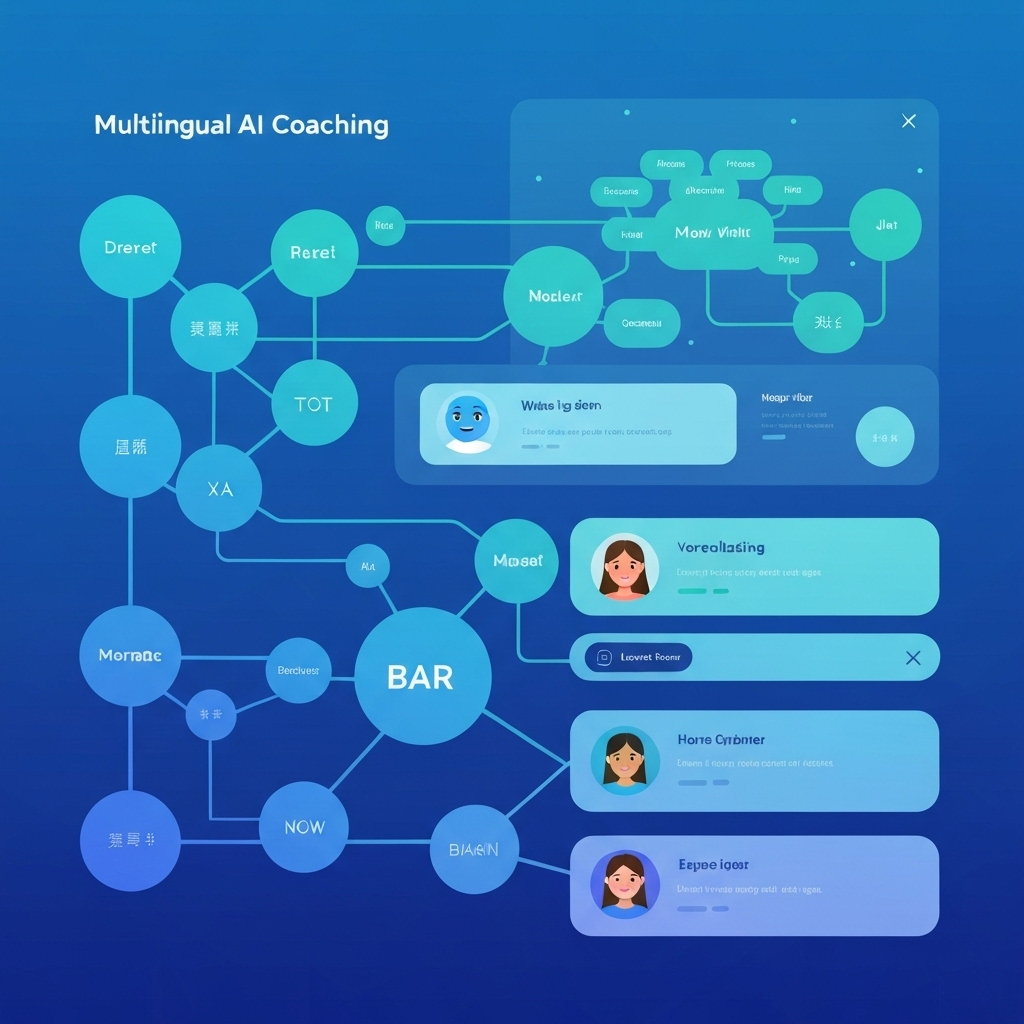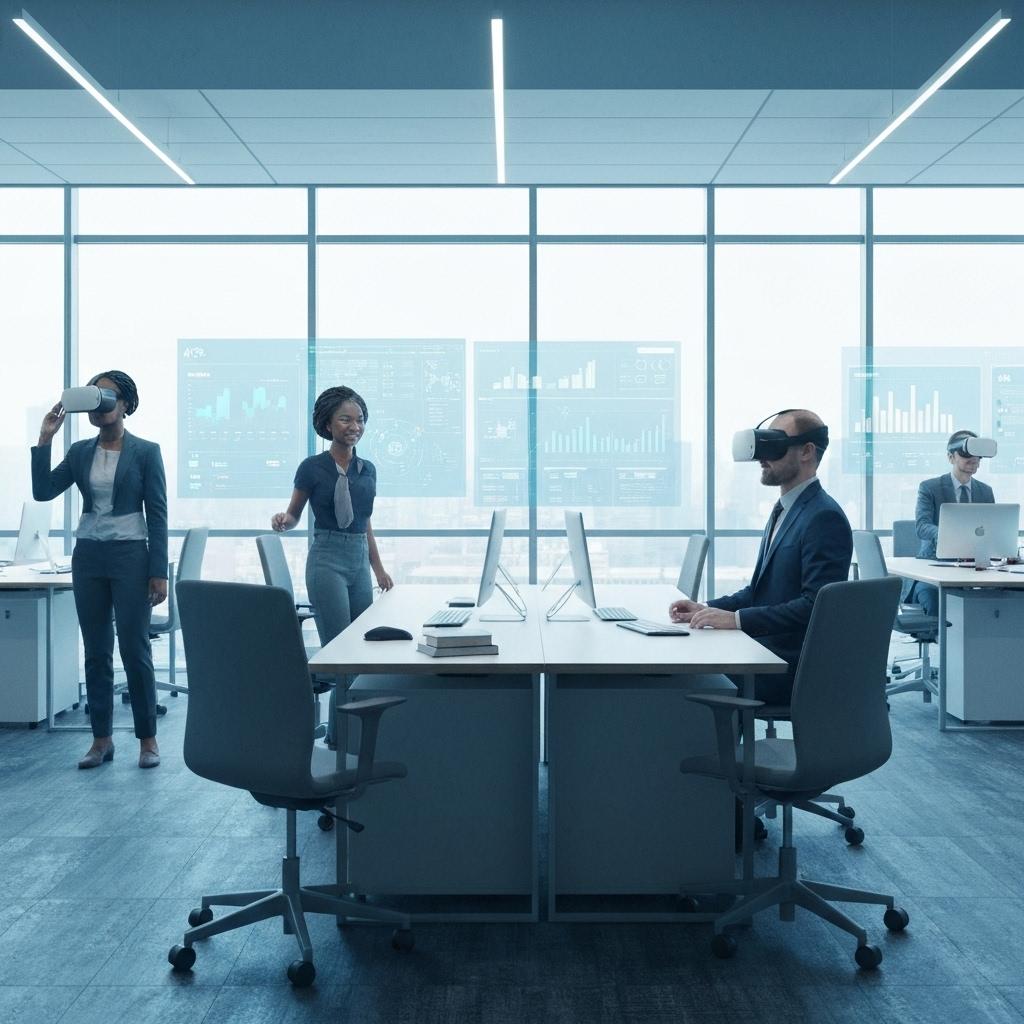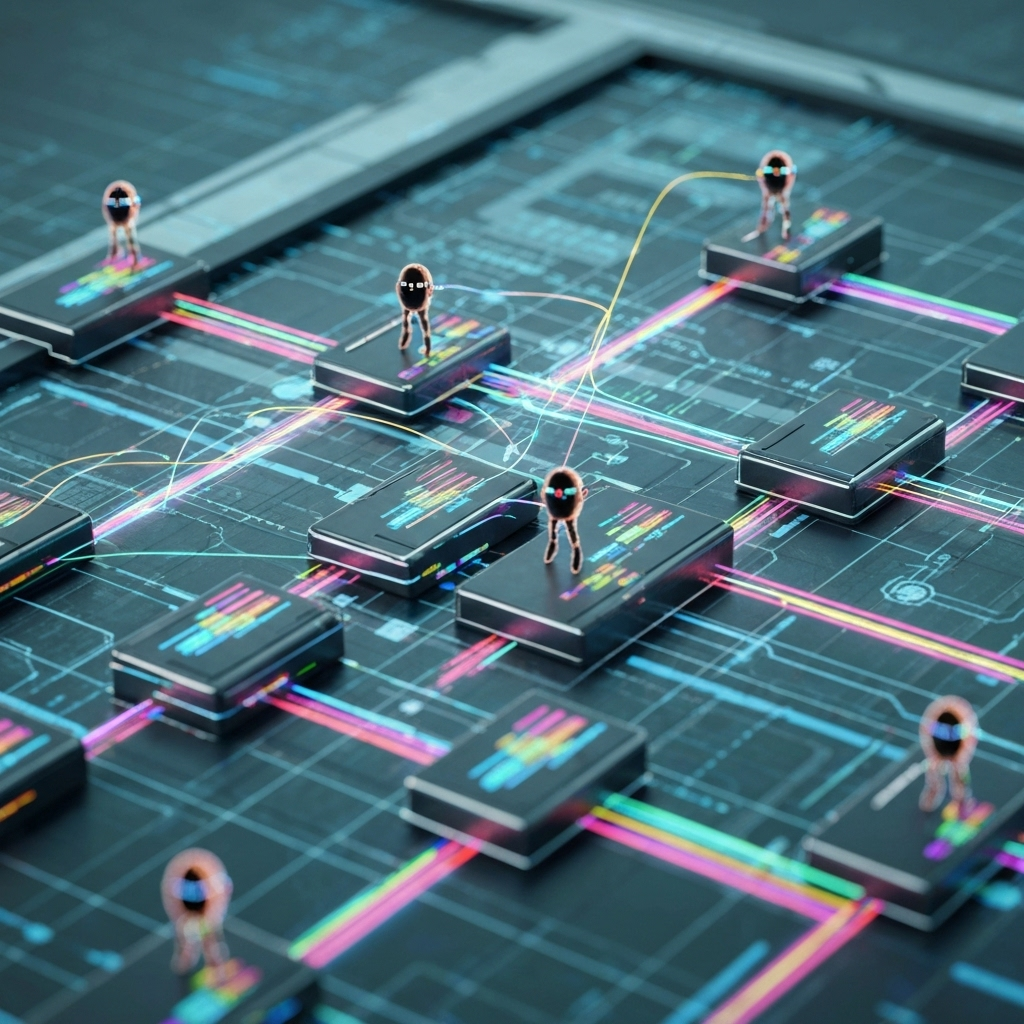Serious Games for Enterprise Training: Beyond Traditional Learning
How gamification and serious games transform corporate training. Engagement strategies, learning outcomes, and implementation best practices.
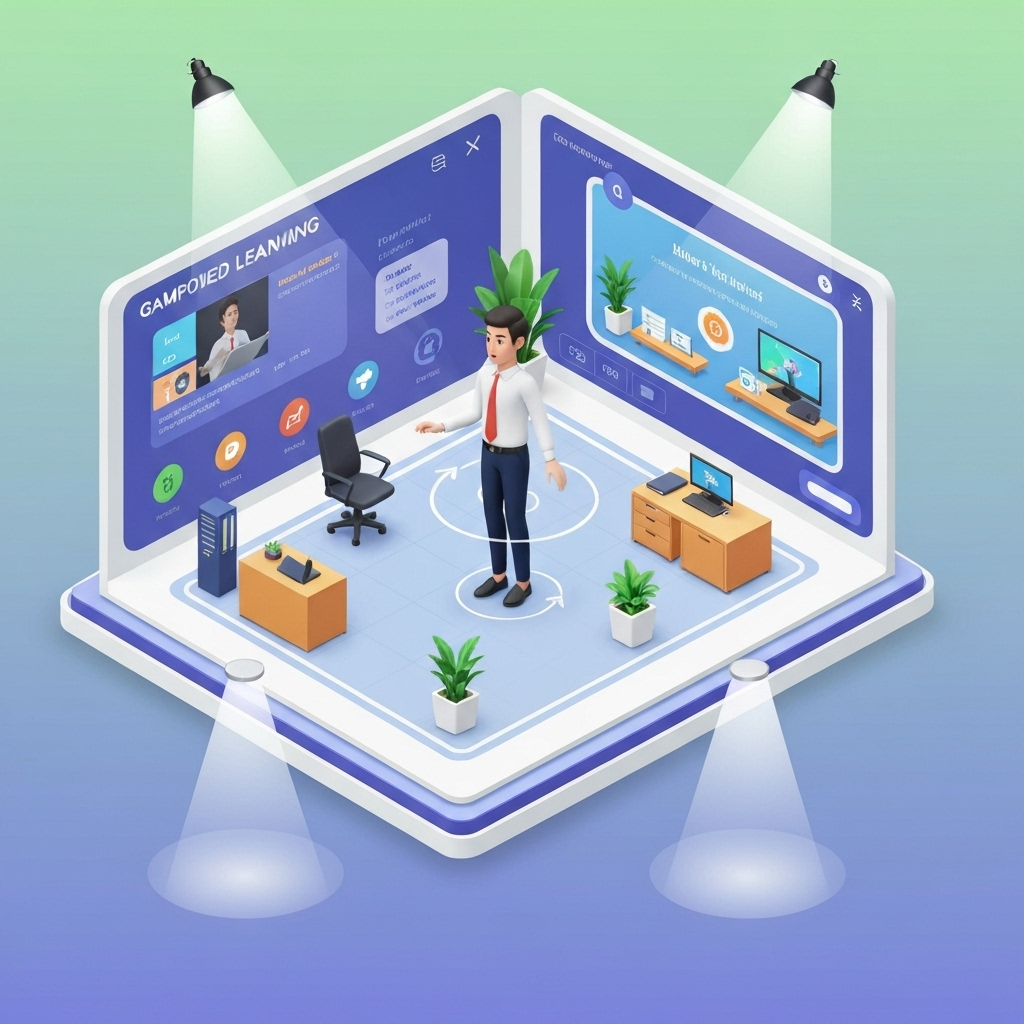
Traditional corporate training suffers from low engagement and poor retention rates. Serious games transform learning by combining educational content with game mechanics, creating immersive experiences that improve knowledge retention by up to 90% and reduce training time by 50%.
The Science of Game-Based Learning
Games engage multiple cognitive systems simultaneously: problem-solving, pattern recognition, and reward processing. This multi-modal engagement creates stronger neural pathways and improves long-term retention. Serious games leverage these mechanisms while maintaining focus on learning objectives.

Implementation Strategies
Successful serious games balance entertainment with education. Start with clear learning objectives, then design game mechanics that reinforce these goals. Progress tracking, achievement systems, and social elements increase engagement while providing measurable learning outcomes.
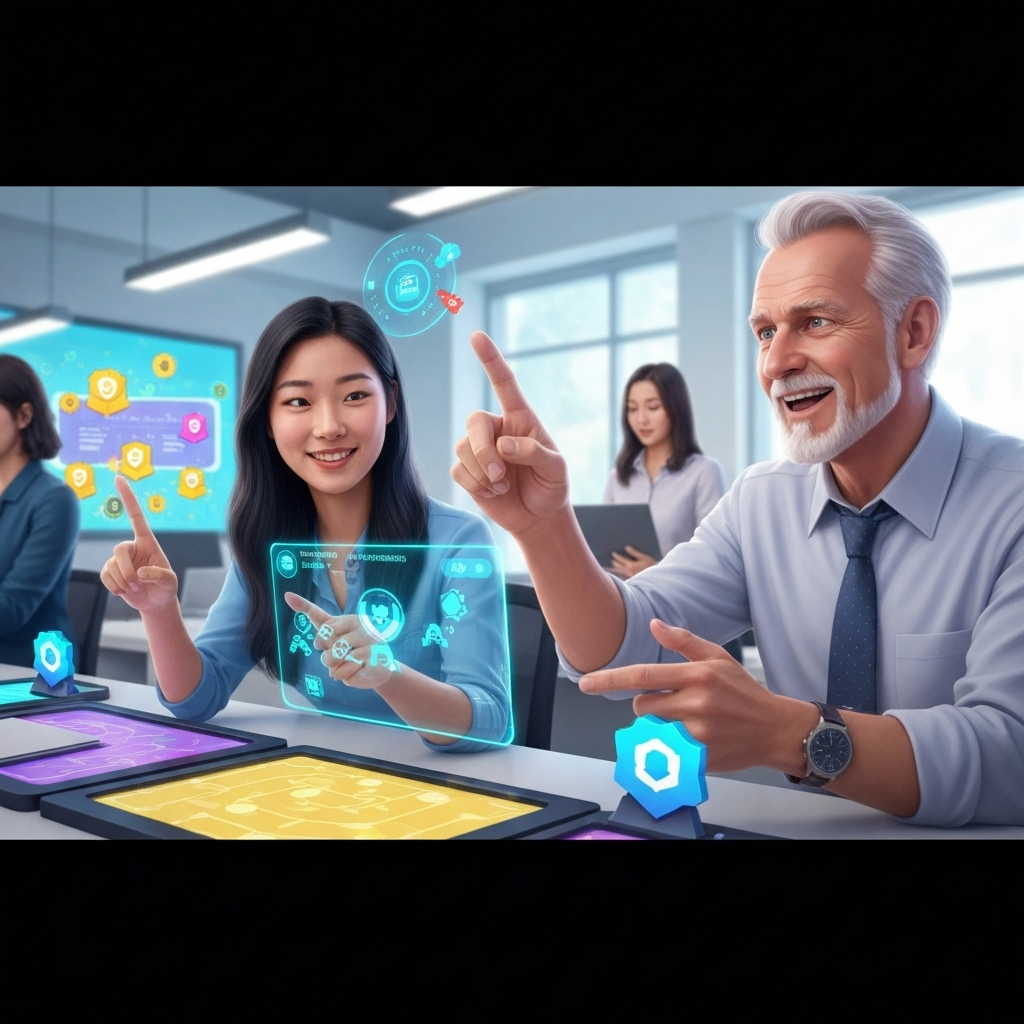
Measuring Training Effectiveness
Game-based training provides rich analytics: completion rates, time-to-competency, error patterns, and skill progression. This data enables personalized learning paths and identifies areas where traditional training methods might be more effective.

Real-World Applications
We've deployed serious games for safety training, sales processes, and technical skills development. One manufacturing client saw 85% improvement in safety compliance scores and 60% reduction in workplace incidents after implementing VR-based safety training games.
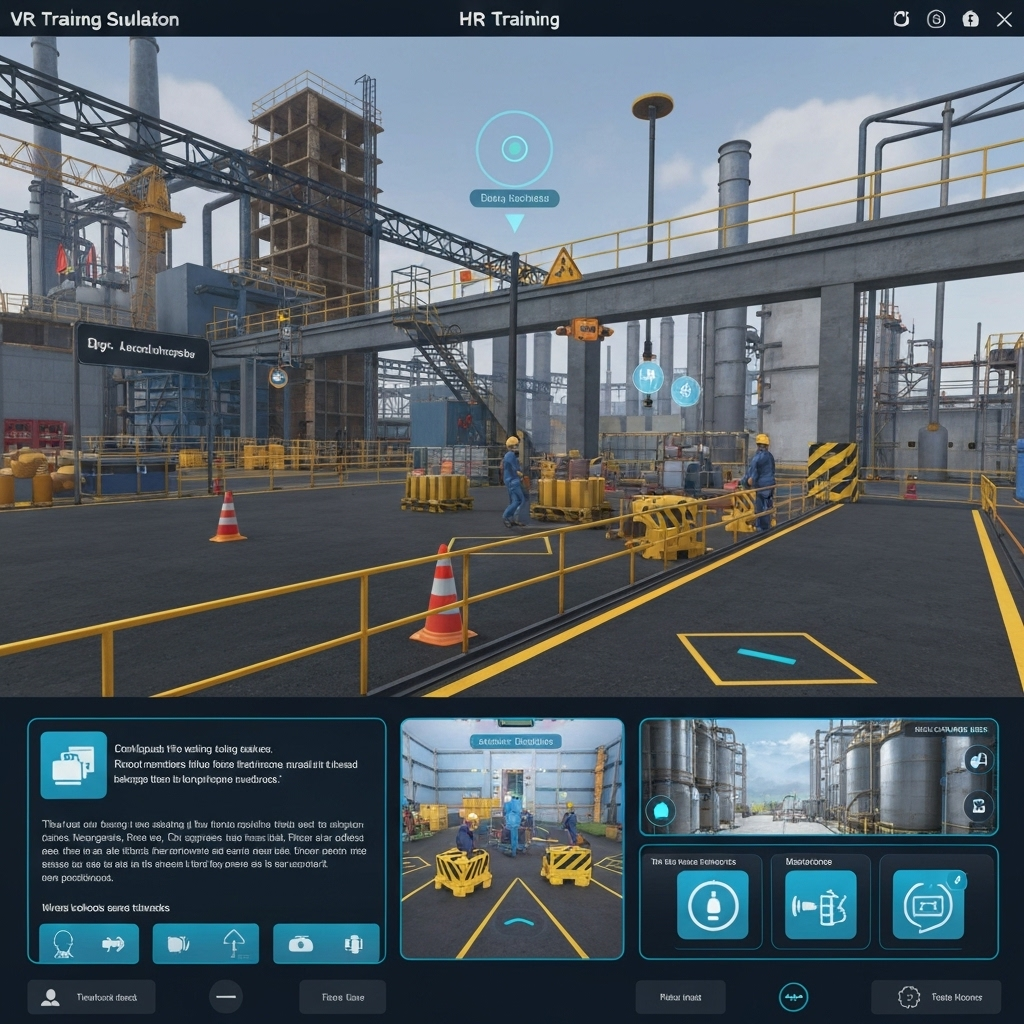
Serious games represent the future of corporate training by making learning engaging, measurable, and effective. The key is balancing game mechanics with educational objectives to create experiences that are both fun and fundamentally transformative.
